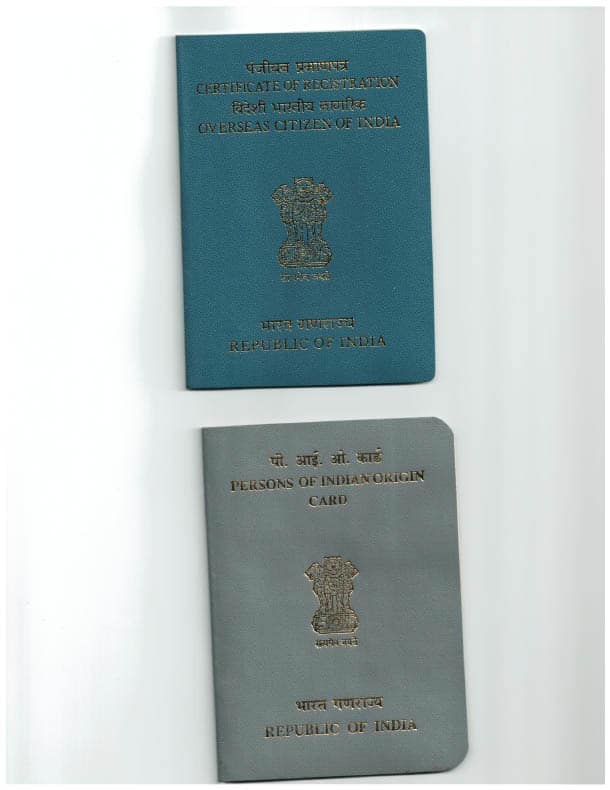After titillating overseas Indians for years with promises of dual citizenship, the Indian government back-peddled on its pledges, citing security concerns, and introduced an Overseas Citizen of India (OCI) Certificate instead in 2005. The tip of the hat to the term “citizen” was a calculated and deceptive political ploy, designed to lull overseas Indians into the delusion that they were getting some sort of elevated standing over those holding the Person of Indian Origin (PIO) Card that had been launched earlier.
The touted benefits of the OCI Certificate included: “multiple entry, multi-purpose life long visa for visiting India, exemption from registration … for any length of stay in India, and parity with Non-resident Indians (NRIs) in respect of economic, financial and educational fields except in relation to acquisition of agricultural or plantation properties.” The Certificate, overseas Indians were told, gave them uniformity with NRIs for all practical purposes with the exception of political rights and acquisition of agricultural property.
Hundreds of thousands of overseas Indians, including many PIO Card holders, rushed to embrace the OCI Certificate in the mistaken belief that they were acquiring Indian citizenship lite. In truth, the OCI Certificate is little more than a glorified PIO Card and functionally even liter than its U.S. equivalent Green Card cousin.
In the years since, India’s notorious bureaucrats, who were unenthusiastic about the OCI Certificate to begin with — save for the nearly $250 million dollars in application fees that the initiative has generated — have been working overtime to chip away at even its modest benefits.
The faux passport-looking OCI Certificate has no standing even within India. It must be produced with a foreign passport for admission into India. Recently promulgated rules require that holders must have their certificate and visa reissued whenever they acquire a new passport. Since the typical life of most passports is 10 to 20 years, the OCI Certificate has a practical sunset built into it, notwithstanding the “lifelong visa” representation on the U Visa sticker affixed to the foreign passport and a similar statement in the certificate itself.
The new rules have ostensibly been developed out of security considerations. But for some unfathomable reasons, reissuance is required only of those under the age of 20 or above age 50. OCI Certificate holders between the ages of 21-49 are exempt. Terrorism experts worldwide would tell you that the exempt group fits the terrorist profile most closely. But what the heck, our inept babus may have simply mistakenly swapped the age categories. They can always fix that later.
Why can’t the OCI Certificate, like the U.S. Green Card and India’s own PIO Card, be a stand-alone document? A foreign passport could well continue to be required, if there is concern that the document may have expired or changed. Such is in fact the case with the PIO Card and the Green Card. But that perhaps would be too logical and simplistic for our babus. Why should they make something easy, when they can make it convoluted and difficult.
They are forever tweaking the rules of the game, possibly just for the fun of tripping people up. In 2010, the government announced that overseas Indians who had acquired the citizenship of another country must surrender their Indian passports or risk being denied entry into India. As a result, millions of overseas Indians who naturalized decades ago and may have lost or misplaced their expired Indian passports are stranded and barred from their homeland.
Overseas Indian who might have been relieved that the OCI Certificate at least gave them a pass past Indian bureaucracy every time they visited India are getting a rude lesson that in the kingdom of babus, rely not on your lying eyes.


You must be logged in to post a comment Login